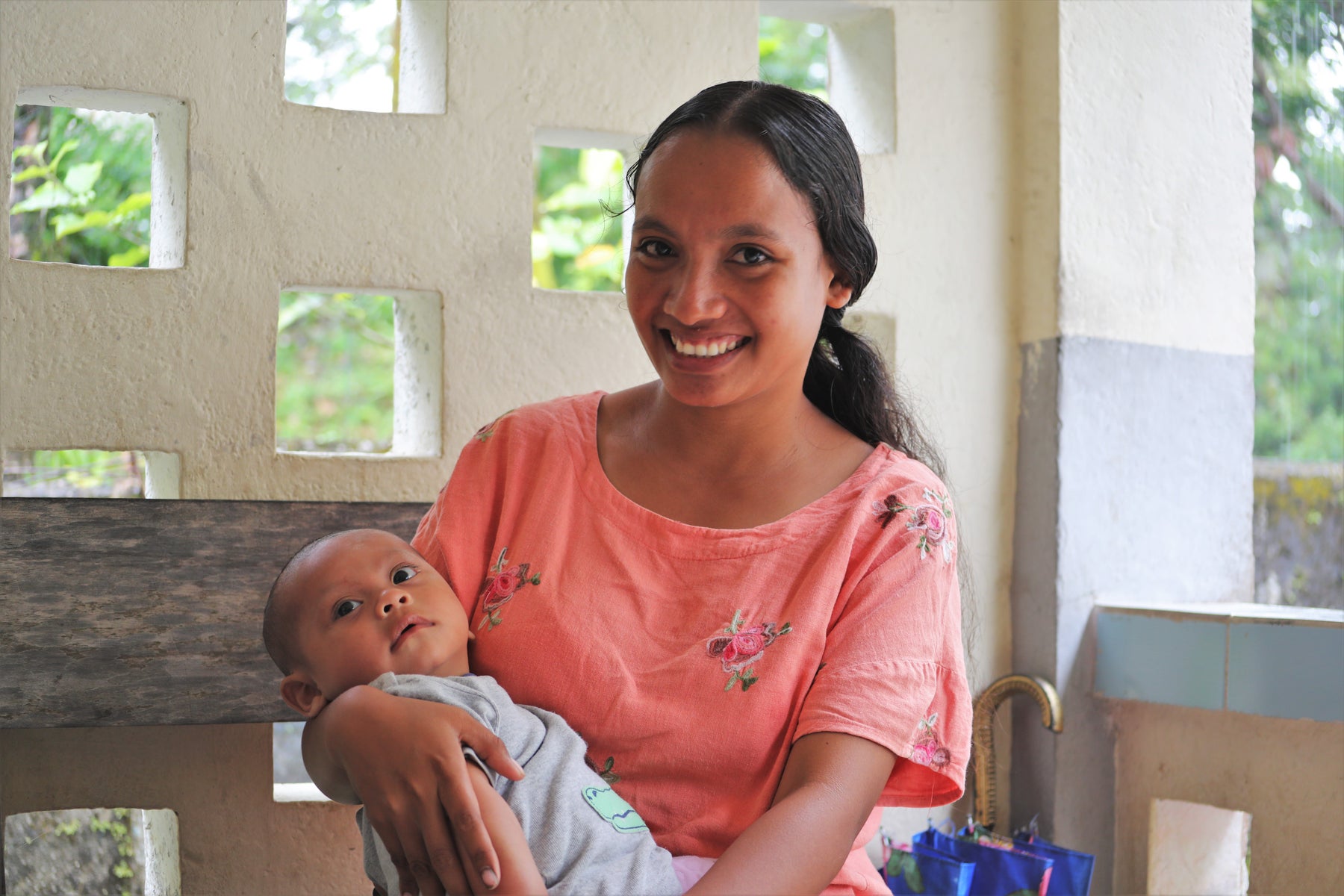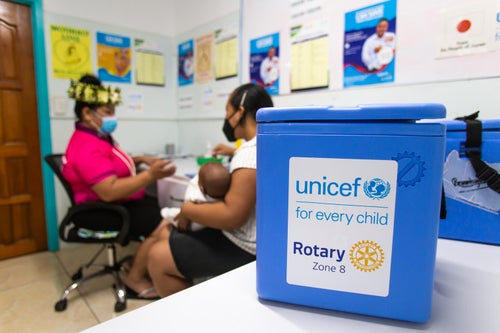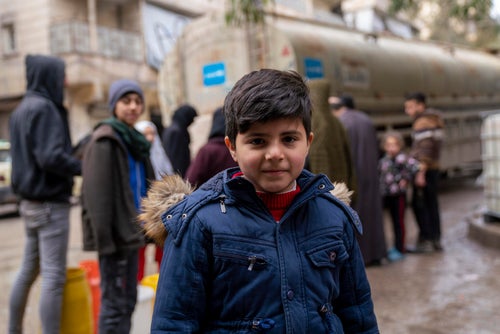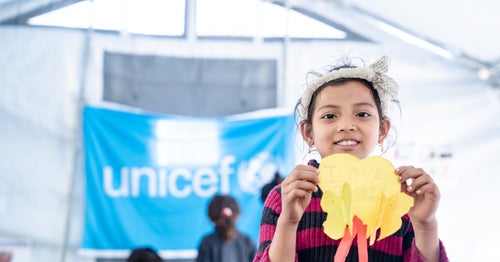Can you imagine walking long distances to hospital in labour, whilst also having to bring your own water to ensure a safe birth? It’s a tough situation for most of us in Australia to imagine.
But in some remote communities in Timor-Leste, this is a woman’s reality.
Alice Hall, Head of International Programs at UNICEF Australia recently visited a UNICEF-supported health centre in Timor-Leste. She saw UNICEF installed water tanks that are helping to support women, midwives and health care workers access safe and clean water during births, and for other health outreach activities.
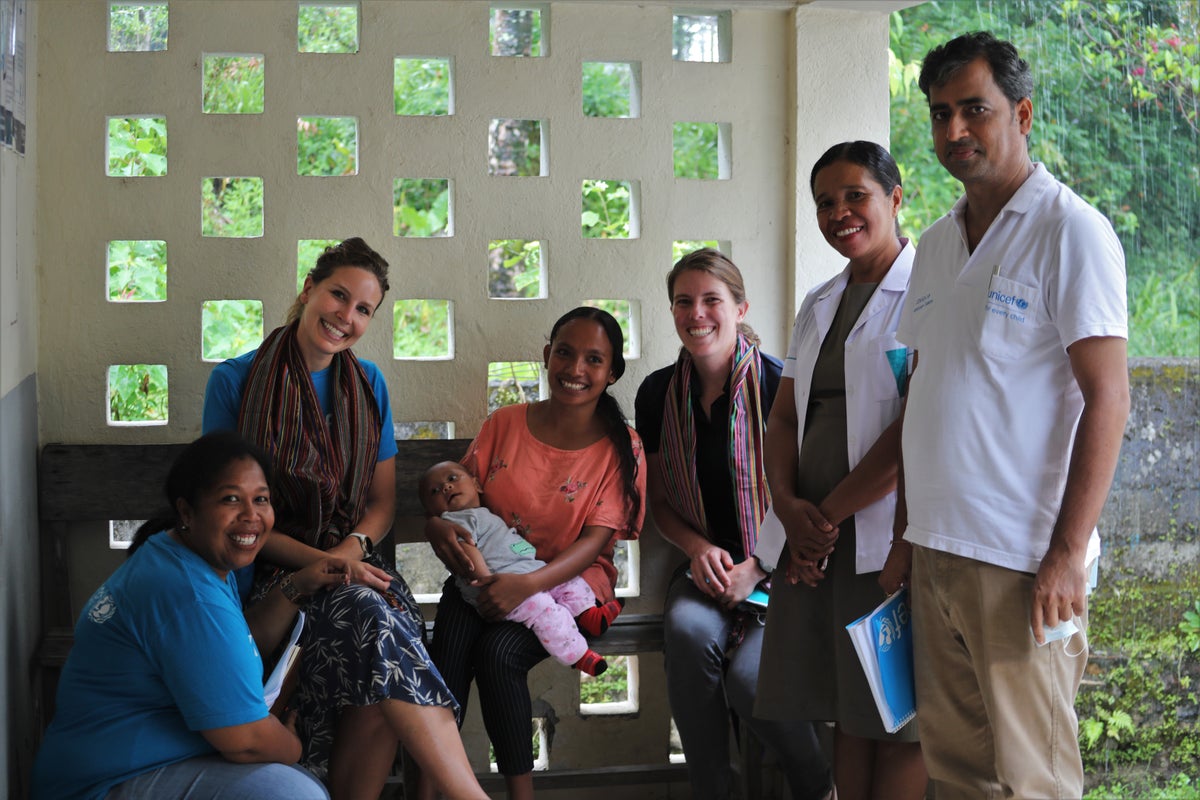
"From my place to here is about 30 minutes away, from my pregnancy to birth everything went well [since there was now access to clean water]. I feel comfortable coming to checkups here."
Alice shared with us that local midwives found it very difficult to assist mothers during labour before they had the water tanks installed. They shared that there were many still births and neonatal deaths in their community due to a lack of access to clean water.
There is limited infrastructure for water storage in some of these remote communities and that directly affects health centres, and in particular maternity services. There is no way to sanitise delivery kits or clean the mother and baby after delivery.
Because of this, mothers may choose not to come to the health centre for check-ups or to deliver, and sometimes they resort to unsafe birth practices.
41%
of child deaths under five happen in the first month of life are due to preventable causes such as infection.
Alice says, “Many neonatal deaths are associated with infection, which can easily be prevented by having access to clean water, and good hygiene practices.”
“The issue is, the country is so small, yet the disparity in health services from one health care centre to the next is so big.”
“Being able to work together with governments and communities in Timor-Leste, to provide access to climate resilient, safe and clean water sources, is more important than ever.”
UNICEF Australia and UNICEF Timor-Leste are working in partnership with the Government of Timor-Leste, with support from the Australian government through the Australian NGO Cooperation Program (ANCP) to find sustainable solutions to this life-threatening issue.
These tanks, however, are not as simple as just providing readily available clean water access for essential tasks like handwashing, and for the delivery rooms. They are also the first step in an ongoing three-year program that is funding innovative methods for water diversion and storage that are climate resilient.
Why climate resilient access to safe and clean water?
Unfortunately, with climate change and longer dry seasons, the water tanks will still run dry without further intervention. Temporary measures such as purchasing water from external sources or having water brought in from local churches are a quick fix in the short term.
“Timor-Leste is seeing longer dry seasons and they are just going to get longer and longer, and harder and harder,” says Alice.
For this reason, sustainable methods for water diversion and storage have been investigated. This includes consultation with members of the community, working groups, followed by training on affordable and effective solutions to increase water storage in catchments and reducing the deforestation which leads to water loss.
This work is changing lives, not just now but for future generations
"We are delighted that UNICEF has drawn water and it is easier for us to do our work well,” says the midwives team in Ossu.
“Access to clean water and handwashing rooms in the delivery rooms are essential to ensuring a safe delivery, so we thank you and hope you continue to support us,” says the Director of the healthcare clinic in Ossu.
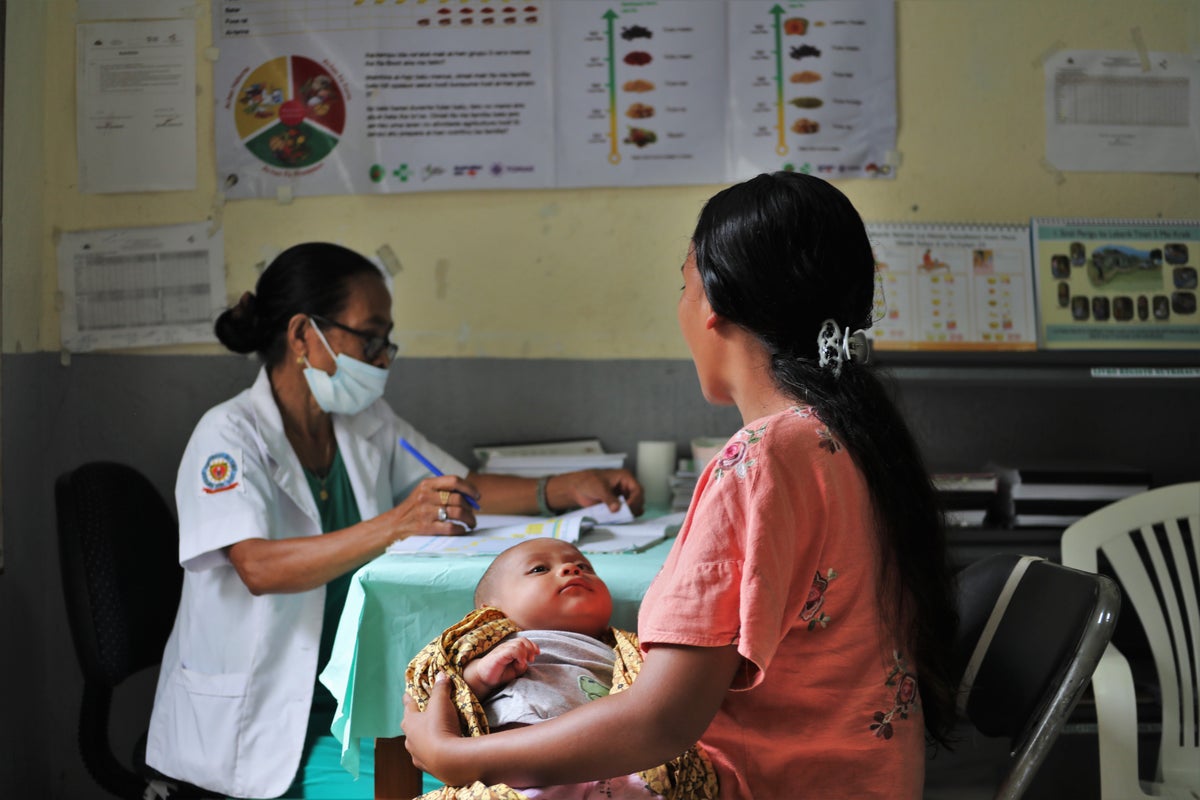
By future-proofing access to clean water in remote communities and community health centres we can ensure that all mothers and newborns have access to high quality health services. With these improvements to newborn care and emergency obstetric care we hope to see a reduction in neonatal deaths due to infection.
The roll-on effect of this project will also mean that children, who often spent much of their day walking and carrying water often at the expense of going to school, will now have more time to get back to being children and back to school.
"Water is something we take for granted in our day-to-day lives, but the impact of having access to clean water in health centres cannot be underestimated. It truly has the power to save lives and transform communities and that is what we are seeing in Timor-Leste. "
UNICEF Timor-Leste and UNICEF Australia are working together to improve the quality of health services and improve access to clean water for the health of mothers and children in Timor-Leste.
This program is supported by generous Australian donors and Australian Government's Australian NGO Cooperation Program.
This piece was co-written by Bourdalonia Rosa Da Silva Benevides from UNICEF Timor-Leste.
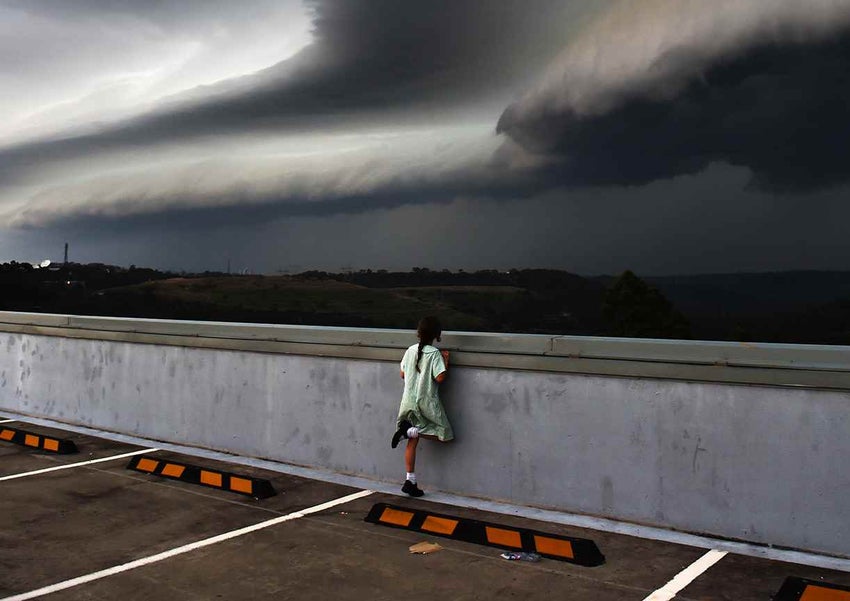
Climate Crisis
We believe safeguarding children’s future is just as essential as providing immediate emergency relief during times of natural disasters.
Related articles
Stay up-to-date on UNICEF's work in Australia and around the world



